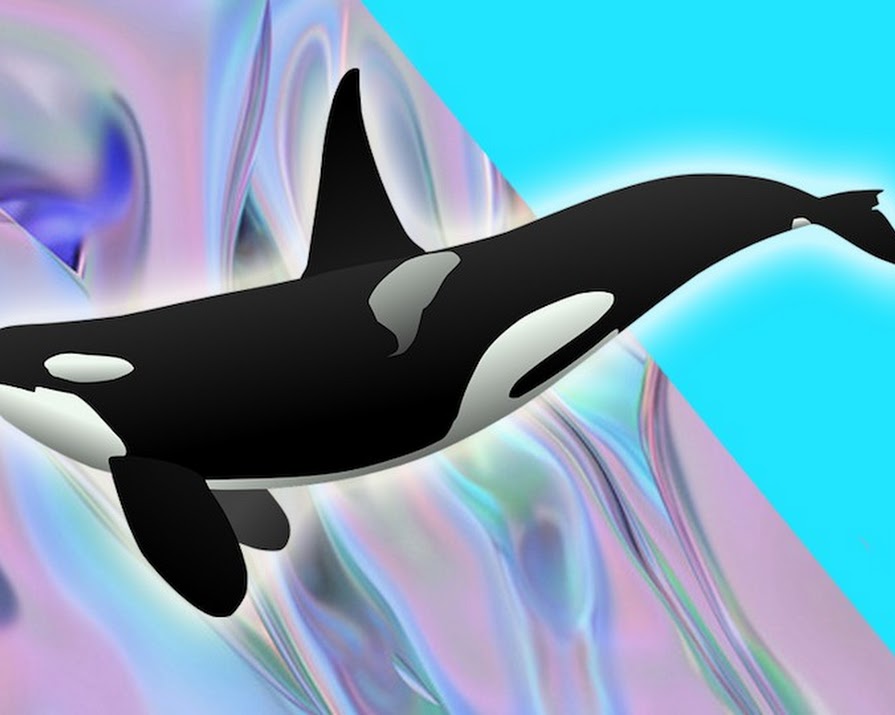
By Niamh ODonoghue
20th Jan 2017
20th Jan 2017
Have you ever been compared to a whale? If so, you should take it as a compliment (well, kind of).
If you have, you should take it as a compliment. It’s true: we’re closer to these giants of the sea more than our nearest ape cousins chimpanzees, because of the similarities in our breeding habits and what happens after we reproduce.
Yes; whales and women share menopause problems.
Humans and killer whales are two of only three species of mammal in the world that go through menopause, and a 40-year-old study of killer whale families is helping scientists to better understand how and why our bodies cease to reproduce half-way through our lives.
‘Granny’, as she was called, was the subject of the lengthy’study and she was part of a 24-strong pod?in the Pacific Northwest. At the beginning of the study, researchers estimated her age to be around 74 (whales can live into their 100’s).
During the four-decade study, Granny didn’t calf which baffled the scientists because almost all animals reproduce until they die.
A popular idea among scientists is that older whales engage in what they call “grandmother hypothesis” which, according to The Atlantic, is where older women play a vital role in helping to feed, raise, and teach their children and grandchildren. In doing so, they’re still ensuring the success of their genetic legacy.
Similarly, this study found that women who live longest after menopause end up with more grandchildren?because their daughters are better at having and raising kids.
The study – which is still on-going – hasn’t yet debunked the whole reason behind why we stop having the ability to conceive after a certain time, but scientists are confident in saying that it is associated somewhat with natural selection.
Most women reach menopause between the ages of 45 and 55, while it’s thought that whales stop reproducing at 36.























